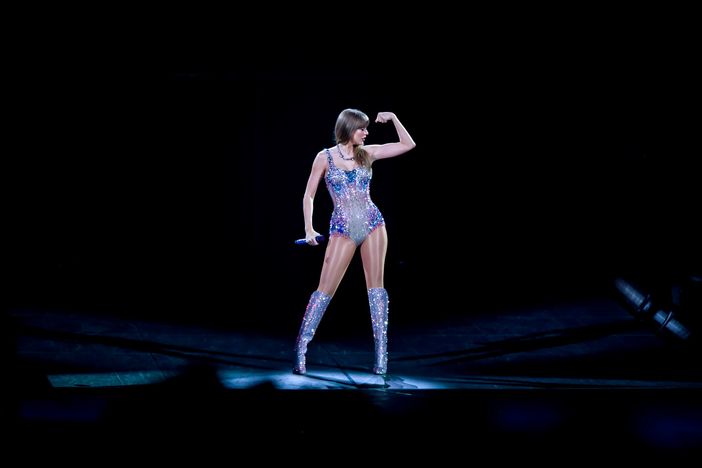Editor's note: While many Houstonians are flocking to vacation destinations, there are still plenty of opportunities to network and learn at tech and business events for those sticking close to home this month. From an inaugural biotech summit to the 12th edition of a local pitch showcase, here are the Houston business and innovation events you can't miss in July and how to register. Please note: this article might be updated to add more events.
July 10 - Out in Tech Mixer
Out in Tech Houston provides an inclusive networking space for LGBTQ+ people and allies working in tech. Check out this relaxed, social-mixer event, hosted on the second Thursday of every month.
This event is Thursday, July 10, from 7 to 8:30 p.m. at Second Draught. Register here.
July 14 – Latinas in Tech Coworking Day
Connect with fellow Latinas in the industry at Sesh Coworking. Network or work alongside peers, board members and community leaders in a shared office environment.
This event is Monday, July 14, from 9-11:30 a.m. at Sesh Coworking. Find more information here.July 17 – UTMB Innovation VentureX Summit
Attend the inaugural UTMB Innovation VentureX Summit, where innovators, entrepreneurs, researchers and investors will dive into the future of biotech. Expect panel discussions, fireside chats, a technology showcase and networking opportunities.
This event is Thursday, July 17, from 7:30 a.m.-4 p.m. at The University of Texas Medical Branch at Galveston. Find more information here.
July 17 – Open Project Night
Collaborate on solutions for some of Houston’s most pressing issues at this month’s Open Project Night at Impact Hub Houston. Hear from guest speakers and listen to open mic pitches. July’s theme is Decent Work & Economic Growth.
This event is Thursday, July 17, from 5:30-7:30 p.m at Impact Hub Houston. Register here.
July 24 – NASA Tech Talks
Every fourth Thursday of the month, NASA experts, including longtime engineer Montgomery Goforth, present on technology development challenges NASA’s Johnson Space Center and the larger aerospace community are facing and how they can be leveraged by Houston’s innovation community. Stick around after for drinks and networking at Second Draught.
This event is Thursday, July 24, from 6-7 p.m. at the Ion. Register here.
July 30 – Ion Bike Club
Join Bike Houston at the Ion for a 45-minute guided cruise through the Ion District and Midtown. Afterward, enjoy a complimentary beer and network with like-minded riders at Second Draught.
This event is Wednesday, July 30, from 5:30-7:30 p.m. at the Ion. Register here.July 31 – Bayou Startup Showcase
Hear pitches from startups and small businesses from Rice University’s OwlSpark and the University of Houston’s RED Labs accelerators at the 12th annual Bayou Startup Showcase. Read more about this year’s teams here.
This event is Thursday, July 31, from 3:30-7 p.m. at the Ion. Register here.


